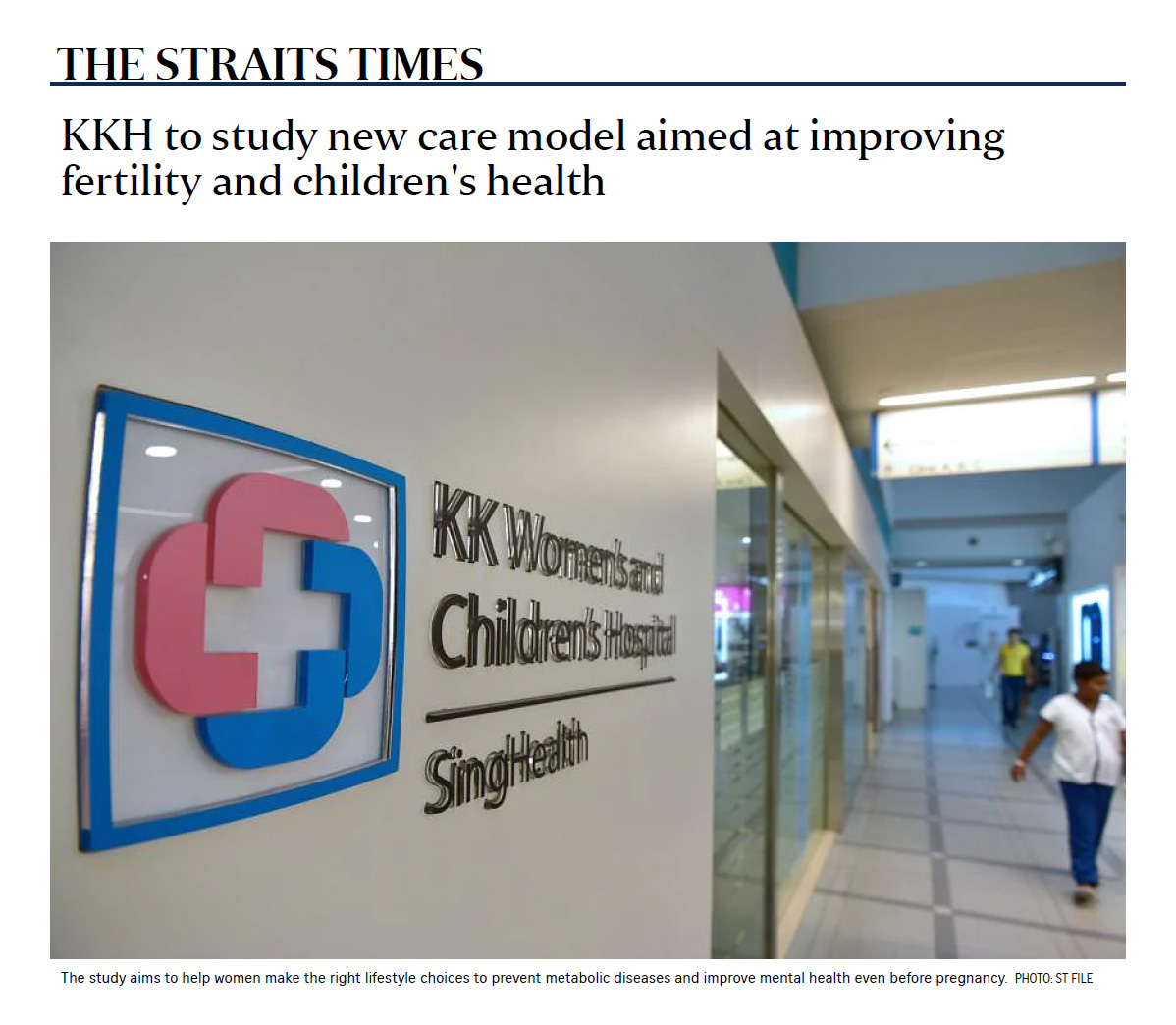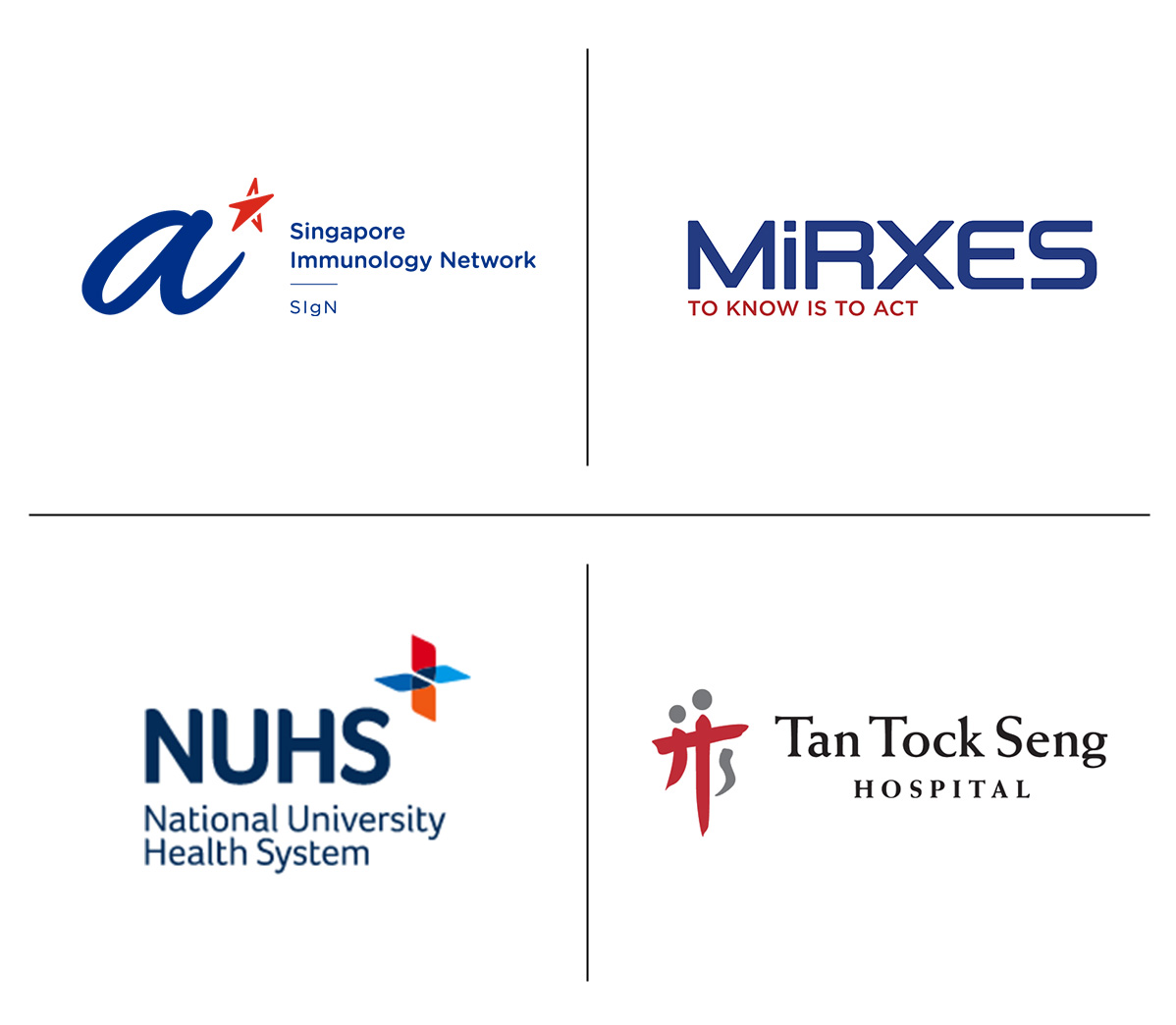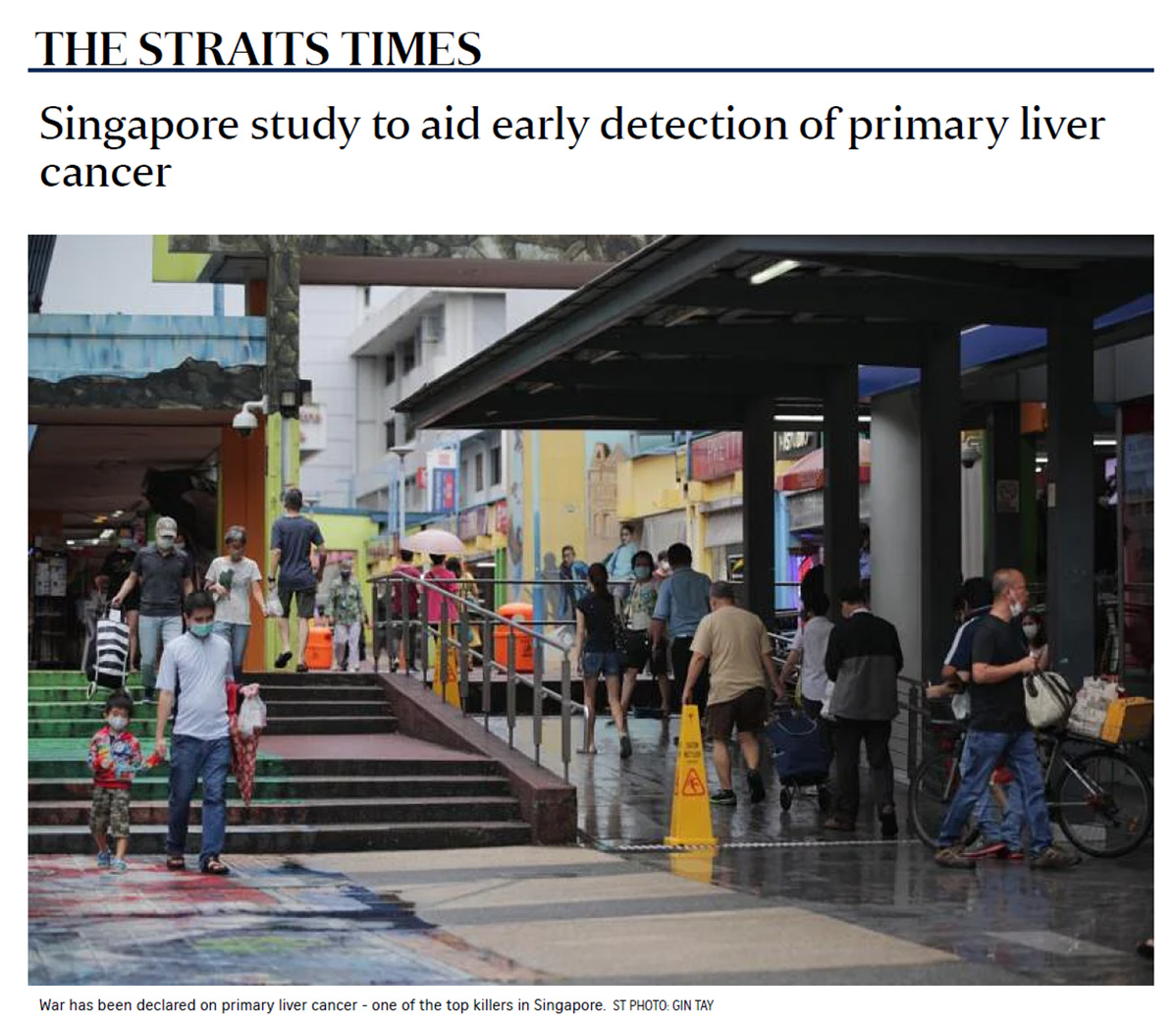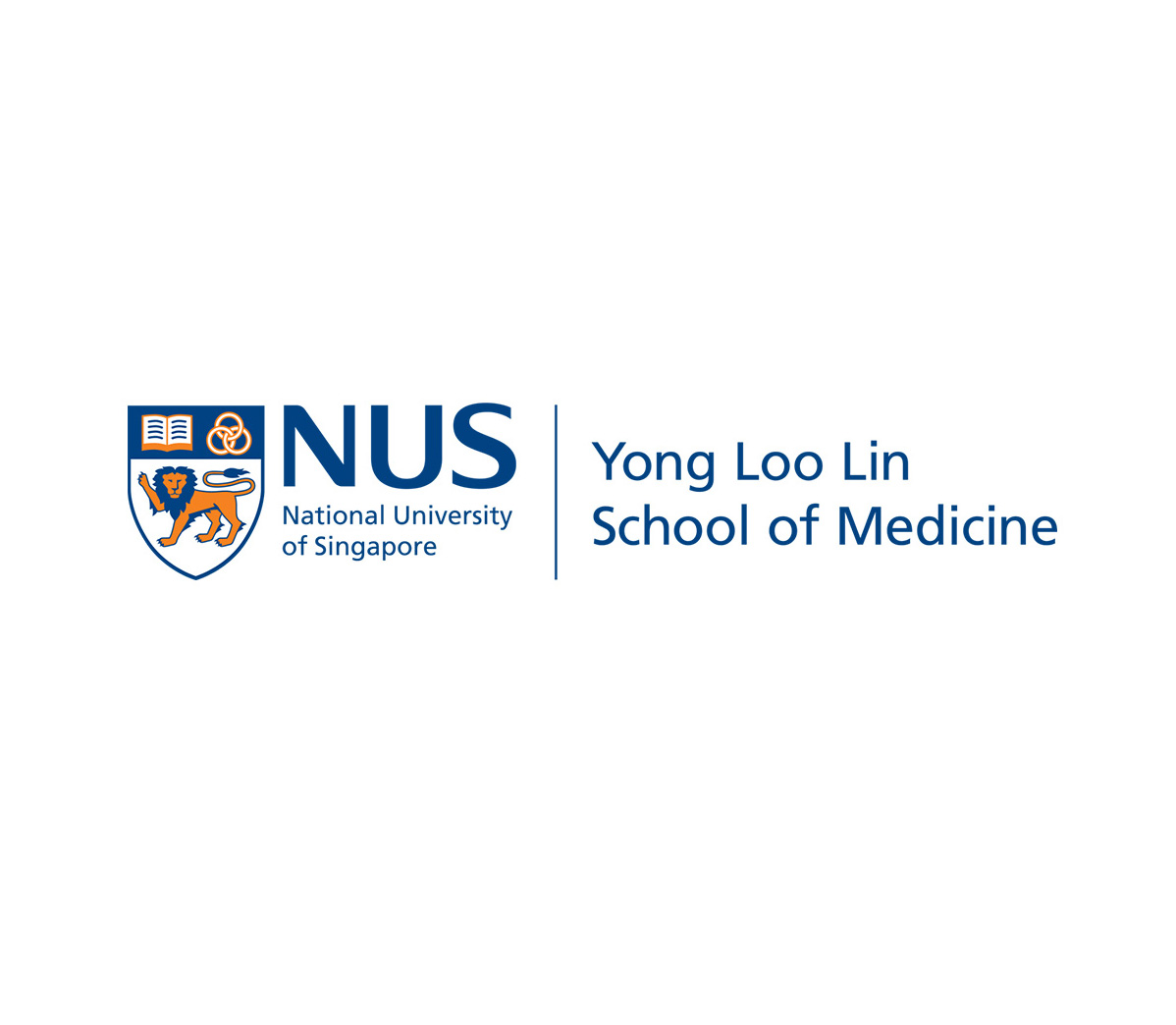Our Research
AMILI's current clinical research is focused on 3 areas: health and wellness, oncology, and response to microbiomy-based therapeutics. See some of our current partership and projects below.
Pregnancy and Early Childhood

The microbiome is known to be heavily involved during both preconception and postconception stages- with implications for metabolic, psychological, and even early childhood health. With our partners KK Women’s and Children’s Hospital (KKH) and the Lien Foundation, AMILI is looking into the microbiome profiles of women and their children throughout their preconception and postconception journey.
Colorectal Cancer

One key area the gut microbiome is known to influence is colorectal health. An imbalance of the microbiome is thought to accelerate colorectal cancer development, and certain microbial signatures could also serve as potential biomarkers of colorectal cancer. AMILI is working with the National University Health System (NUHS) and several other partners to elucidate potential biomarkers of colon cancer- ranging from diagnostics to cancer prognosis prediction.
Hepatocellular Carcinoma

The gut microbiome is heavily linked to liver health- an imbalance of the microbiome has been linked to the development of liver diseases such as cirrhosis and hepatocellular carcinoma. AMILI has partnered with the National Cancer Centre Singapore (NCCS) on a landmark study to detect hepatocellular carcinoma early via microbiome-based biomarkers.
Healthy Ageing

The gut microbiome has been linked to healthy ageing, with multiple studies showing associations between certain microbiome compositions and elderly frailty. AMILI has partnered with the Yong Loo Lin School of Medicine at NUS for the SG70 cohort study- a longitudinal cohort study involving 3000 subjects over a span of 10-15 years. This study aims to investigate microbiome-related associations between healthy ageing and the gut microbiome, and potentially form the basis of future intervention studies to slow down, halt, or even reverse ageing.